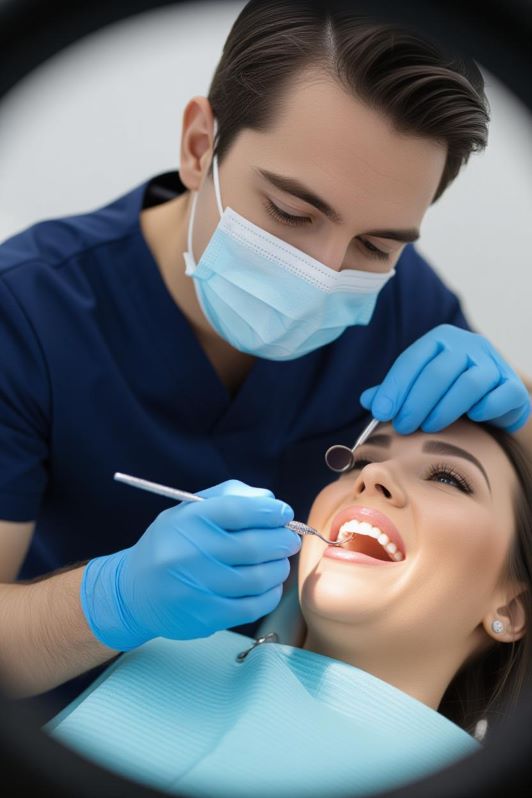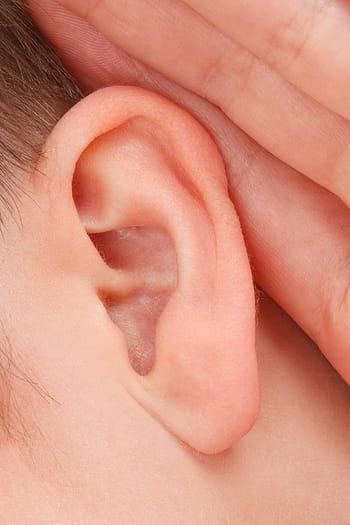Stress, Sleep, and Citizenship: How Legal Anxiety Affects Your Immune System

Chronic stress from immigration uncertainty can harm your health. For many navigating the complex U.S. immigration system, the constant worry about legal status, visa approvals, or deportation risks creates a heavy emotional burden. This stress doesn’t just weigh on the mind, it takes a toll on the body, particularly the immune system. Studies show prolonged stress can weaken immune defenses, making you more vulnerable to illness. This article explores how immigration-related anxiety impacts health and offers practical ways to manage stress and boost immunity.
The uncertainty of immigration status keeps many on edge. Whether waiting for a visa decision or facing a hearing, the fear of an uncertain future can feel relentless. For those in Dallas seeking clarity, a Dallas citizenship lawyer can provide expert guidance to navigate the legal maze, easing some of the mental strain. This ongoing anxiety triggers the body’s stress response, releasing hormones like cortisol that, over time, disrupt sleep and weaken immune function.
The Science of Stress and Immunity
Stress hormones can sabotage your body’s defenses. When you’re stressed, your body produces cortisol and adrenaline to cope with perceived threats. While these hormones are helpful in short bursts, chronic stress keeps them elevated, suppressing the immune system. A 2019 study in the Journal of Immunology found that prolonged cortisol exposure reduces the production of white blood cells, which fight infections. This means people under constant stress, like those facing immigration challenges, may catch colds more often or struggle to recover from illnesses.
For more details on how stress impacts immunity, read also: 6 Ways Stress Impacts Your Immune System—And How Chicago Psychiatrists Can Help
Sleep suffers when stress takes over. Anxiety about legal status often leads to sleepless nights, as worries keep the mind racing. Poor sleep further weakens immunity. According to the National Sleep Foundation, adults need 7-9 hours of sleep to maintain optimal health, but stress can make this impossible. “I lie awake worrying about my case,” one immigration applicant shared. “It’s like my brain won’t shut off.” This cycle of stress and sleeplessness creates a vicious loop, leaving the body vulnerable.
How Immigration Stress Impacts Daily Life
Living with uncertainty affects more than just health. The emotional strain of immigration issues can disrupt work, relationships, and mental well-being. Constant worry makes it hard to focus, and the fear of an unfavorable outcome can lead to feelings of hopelessness. Over time, this chronic stress can contribute to serious conditions like high blood pressure, anxiety disorders, or even heart disease, all of which further weaken the immune system.
Practical Tips for Managing Stress and Boosting Immunity
You can take steps to protect your health despite legal worries. While immigration challenges are daunting, there are ways to manage stress and support your immune system. Here are practical strategies to regain control:
- Practice mindfulness: Techniques like meditation or deep breathing can lower cortisol levels. Apps like Headspace offer guided sessions to calm the mind.
- Prioritize sleep hygiene: Create a bedtime routine. Avoid screens an hour before bed, and try relaxing activities like reading or drinking chamomile tea.
- Stay active: Exercise boosts endorphins, which reduce stress. A 20-minute walk or yoga session can make a difference.
- Eat for immunity: Focus on nutrient-rich foods like fruits, vegetables, and lean proteins. Vitamin C from oranges or zinc from nuts can support immune health.
- Seek support: Talking to a trusted friend, counselor, or support group can lighten the emotional load. Community organizations often offer free resources for immigrants.
Why Legal Support Matters
Professional help can reduce uncertainty and stress. Working with an experienced attorney can provide clarity and a sense of direction. A lawyer can explain your options, prepare paperwork, and represent you in legal proceedings, reducing the mental burden. This support allows you to focus on your health and well-being while your case progresses.
Taking Control of Your Health and Future
Your health is worth protecting, no matter the circumstances. Immigration uncertainty may feel overwhelming, but you have the power to manage its impact. By addressing stress through mindfulness, better sleep, and a healthy lifestyle, you can strengthen your immune system and improve your quality of life. Consulting a Dallas citizenship lawyer can also ease legal worries, giving you peace of mind. “Having a lawyer who understands the process made me feel less alone,” said one client. Take small steps today to care for your body and mind, and let professionals handle the legal complexities. Your health and future depend on it.





 Nitric Boost Ultra has had great experiences reported by many consumers. They compliment the supplement for increasing sexual performance, stamina, and energy levels as well as for improving endurance.
Nitric Boost Ultra has had great experiences reported by many consumers. They compliment the supplement for increasing sexual performance, stamina, and energy levels as well as for improving endurance. Women’s health is closely linked to overall well-being, and studies show that mental, emotional, and physical wellness all play a role in boosting the immune system. Maintaining hormonal balance, reducing stress, and achieving sexual satisfaction can have direct health benefits. One often-overlooked factor is how intimacy and sexual wellness, including the use of women’s toys like vibrators, contribute to health.
Women’s health is closely linked to overall well-being, and studies show that mental, emotional, and physical wellness all play a role in boosting the immune system. Maintaining hormonal balance, reducing stress, and achieving sexual satisfaction can have direct health benefits. One often-overlooked factor is how intimacy and sexual wellness, including the use of women’s toys like vibrators, contribute to health.


 Coca leaf tea, a revered and ancient beverage, holds a special place in the hearts and cultures of many South American communities. This herbal infusion, known for its mild stimulant effects and rich cultural heritage, varies in preparation and consumption traditions across different regions. In this article, we delve into the traditional ways of making and enjoying coca leaf tea from Coca Leaf Café, highlighting various regional recipes and practices.
Coca leaf tea, a revered and ancient beverage, holds a special place in the hearts and cultures of many South American communities. This herbal infusion, known for its mild stimulant effects and rich cultural heritage, varies in preparation and consumption traditions across different regions. In this article, we delve into the traditional ways of making and enjoying coca leaf tea from Coca Leaf Café, highlighting various regional recipes and practices.






